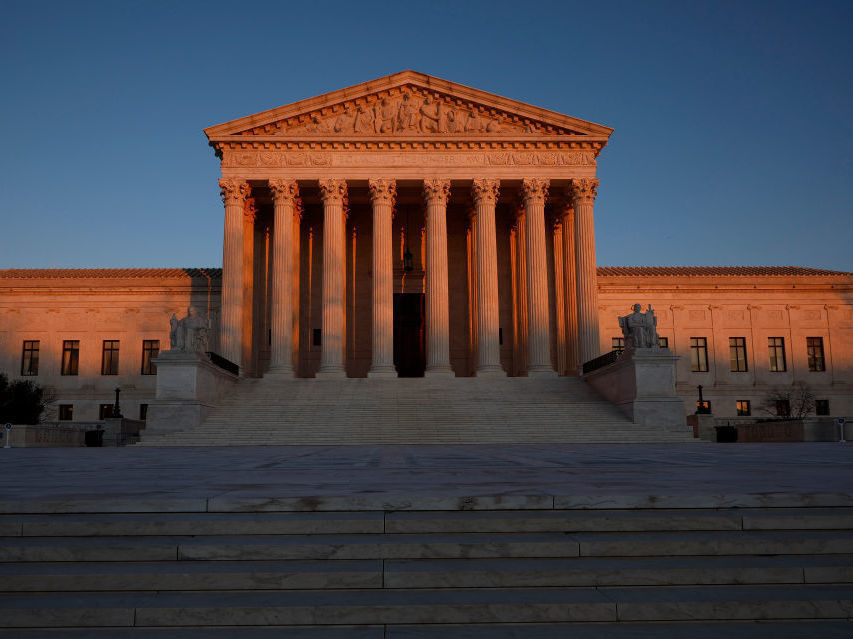
WASHINGTON, DC - The U.S. Supreme Court building. (Photo by Chip Somodevilla/Getty Images) Chip Somodevilla/Getty Images hide caption

WASHINGTON, DC - The U.S. Supreme Court building. (Photo by Chip Somodevilla/Getty Images)
Chip Somodevilla/Getty ImagesOver the last four decades, affirmative action has helped transform diversity on college campuses in the United States. But soon, affirmative action in higher education may come to an end.
This week, the Supreme Court heard oral arguments challenging affirmative action policies at Harvard and the University of North Carolina. Many Court observers believe that the current 6-3 conservative supermajority will rule that higher education can no longer consider race as a factor in admitting students.
If affirmative action is overturned, what tools can colleges and universities use to make their campuses more diverse? For answers, we look to California. In 1996 the state banned the use of affirmative action in public universities.
Mitchell Chang is Associate Vice Chancellor of Equity, Diversity, and Inclusion at the University of California, Los Angeles. He spoke with NPR's Adrian Florido.
Email us at
This episode was produced by Marc Rivers. It was edited by Jeanette Woods. Our executive producer is Natalie Winston.

 Live Radio
Live Radio